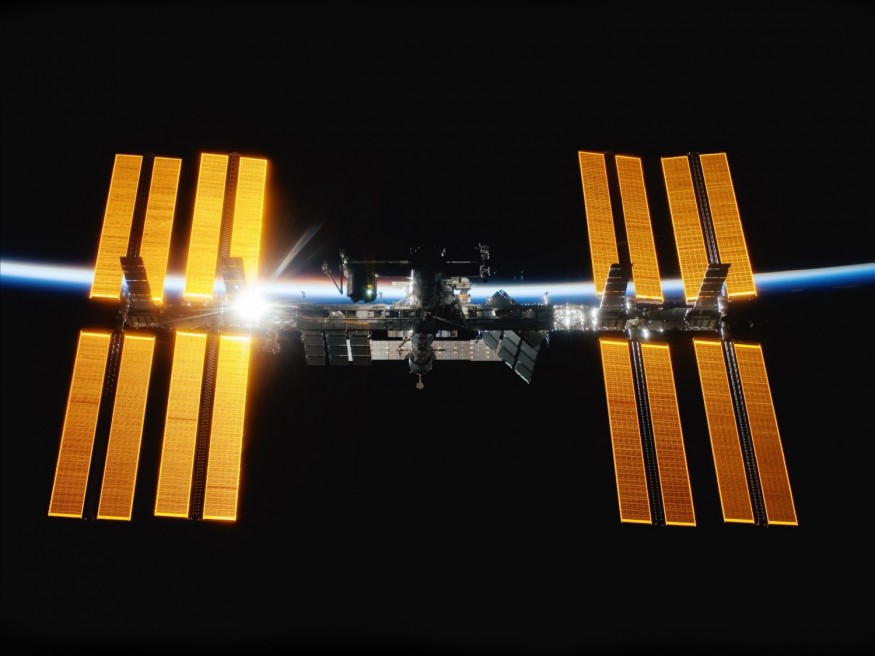The recently appointed head of Roscosmos announced that Russia has chosen to stop participating in the International Space Station (ISS) after 2024 and concentrate on building its own orbital station.
The announcement was made during a meeting between Russian President Vladimir Putin and Yuri Borisov, the new Roscosmos director. Borisov assured Putin that Russia would uphold its obligations until 2024.
"Vladimir Vladimirovich, you know that we are working within the framework of international cooperation at the International Space Station," Roscosmos Director General Yury Borisov told Russian President Vladimir Putin (via Russian State news TASS).
"Of course, we will fulfill all our obligations to our partners, but the decision and withdrawal from this station after 2024 have been made," Borisov added.
Putin responded, "Good," other reports added.

Roscosmos Wants To Make Own Orbital Station After Leaving ISS, NASA By 2024
Borisov's words reaffirm Moscow's intention to abandon the International Space Station in 2024 when the present international accords for its operation expire.
Borisov mentioned via Al Jazeera that Russia would start making the Russian Orbital Station (ROSS) one of the "main priorities."
While Russia has reticently committed to space station operations until 2024, TechCrunch and New York Times mentioned that NASA and other foreign partners plan to maintain the station until 2030.
For four planned missions to rotate the crew of the International Space Station, Roscosmos and NASA have agreed to continue providing flights for American astronauts and Russian cosmonauts aboard each other's respective launch vehicles. One is the Russian Soyuz, and the other is SpaceX's Crew Dragon.
Roscosmos, NASA's Responsibility In International Space Station
According to The Verge, The International Space Station's two biggest partners, NASA and Roscosmos, work together to keep it running daily. In fact, if one of the two pulled out, maintaining the ISS operational would be pretty challenging for astronauts.
Roscosmos is in charge of occasionally boosting the station over time to stop it from slowly falling out of orbit. On the other hand, NASA is responsible for producing electricity for the station and maintaining the vehicle's location.
The specifics of Russia's withdrawal strategy remain hazy without written notification. For instance, today, Russia merely stated that it would depart the ISS collaboration "after 2024" without providing further details.
However, as stated by Borisov's predecessor Dmitry Rogozin, there must be a transitional time between the launch of ROSS and the demise of the ISS. Reports mentioned that Russia's ability to begin the construction of a new station before 2024 is highly challenging.
About International Space Station (ISS)
The space station is jointly managed by the space agencies of Russia, the United States, Europe, Japan, and Canada. The outpost has been occupied for over 22 years since the initial component was sent into orbit in 1998. It performs scientific studies in zero gravity and tests equipment for impending space flights.
Seven astronauts usually work on the orbiting station for months at a stretch as it orbits roughly 250 miles from Earth. The Associated Press noted three Russians, three Americans, and one Italian are currently on board.
The facility, roughly the length of a football field, is divided into two main areas, one of which is controlled by Russia and the other by the United States and other nations. What will need to be changed on the Russian side of the complex to keep the space station running safely after Moscow leaves were not immediately discussed.
RELATED ARTICLE : Russia to Send One Female Cosmonaut Next Year as Country Quits the ISS
Check out more news and information on Space in Science Times.












